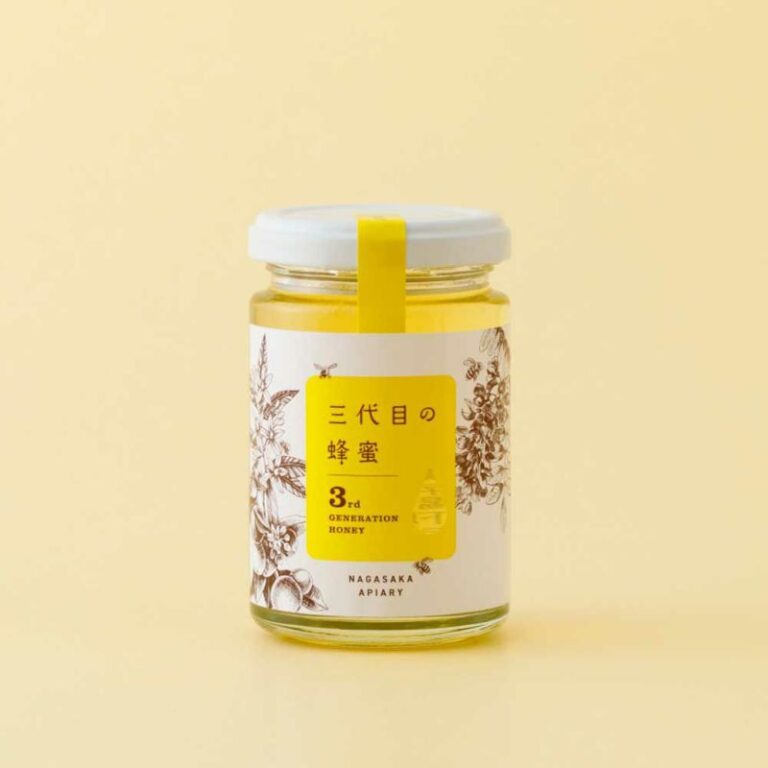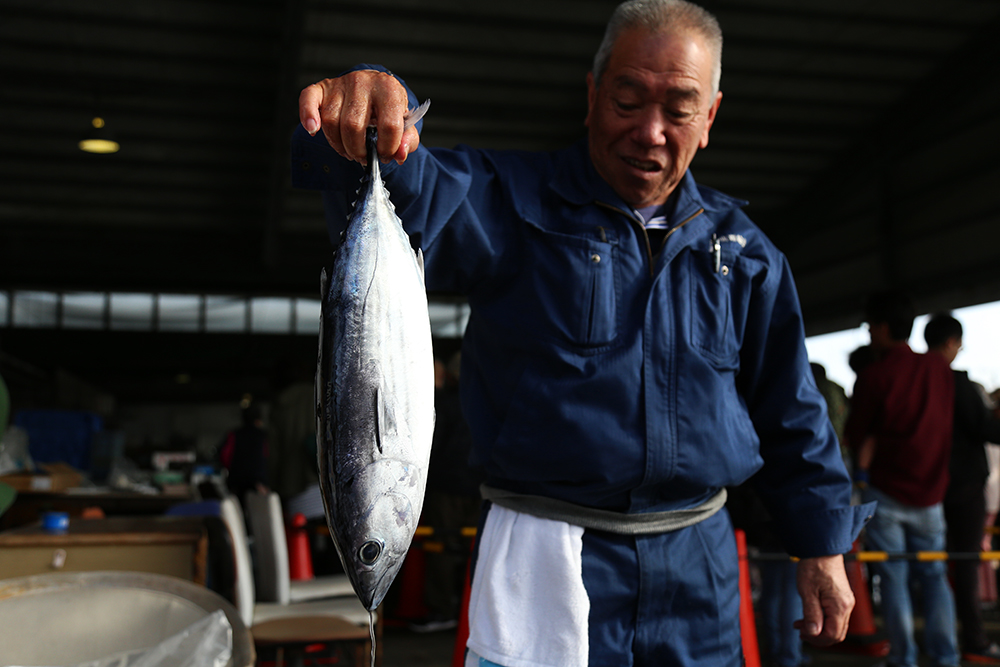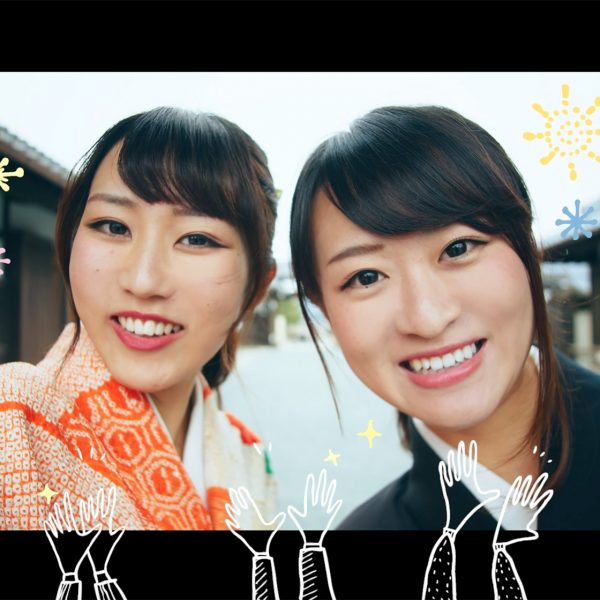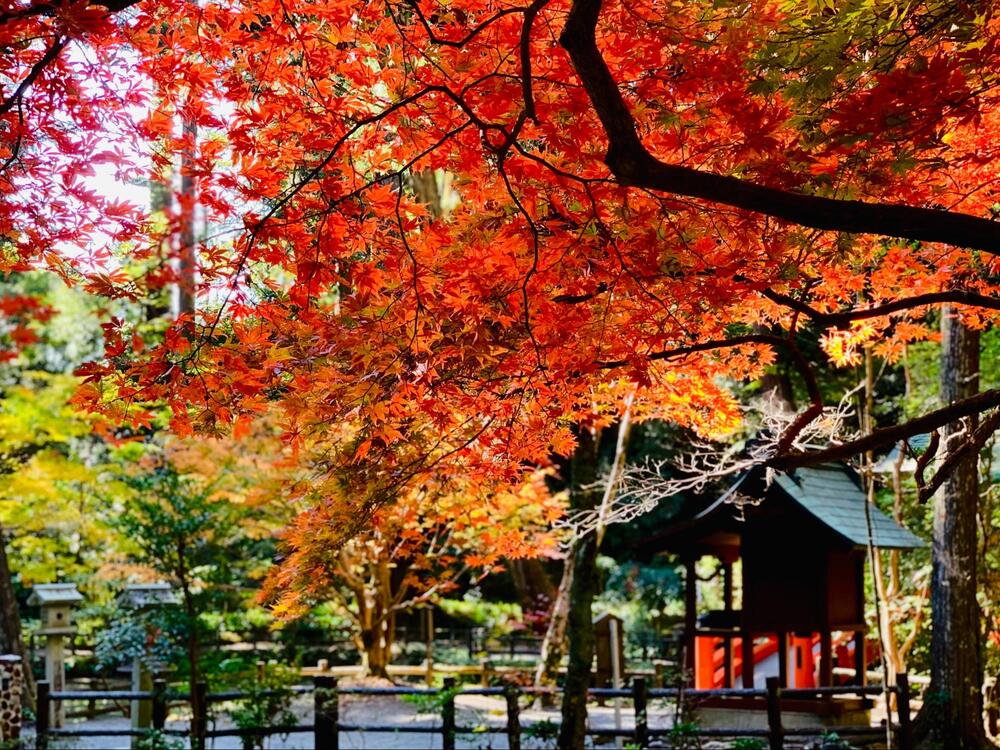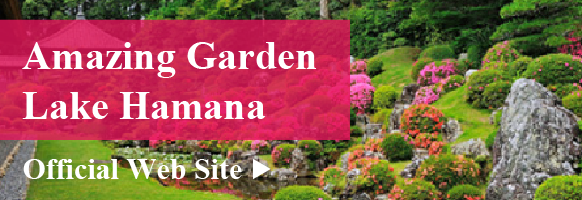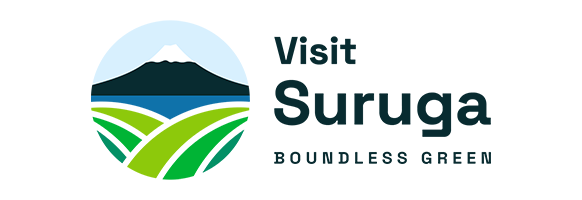Get to Know Hamamatsu
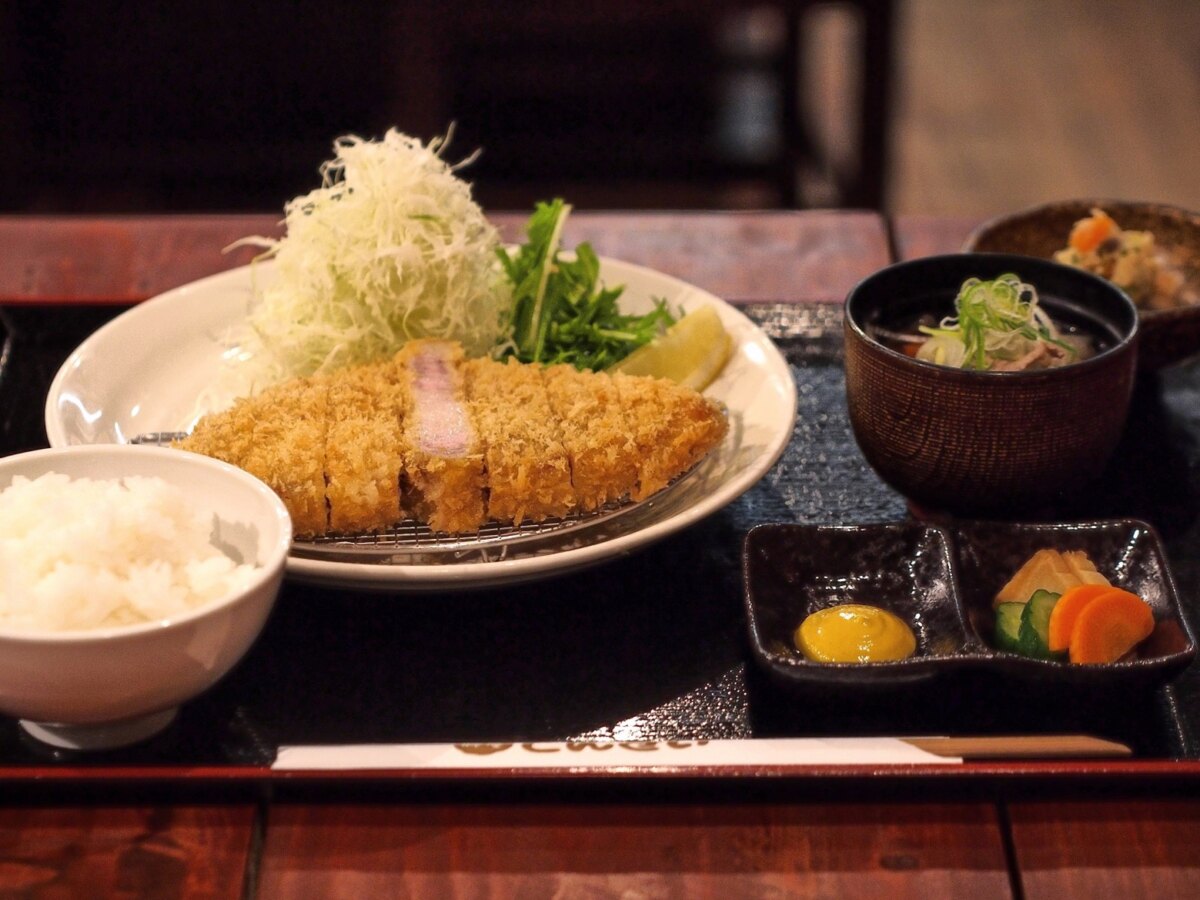
- Eat
Tonkii by Sanwa Livestock: Home of Japan’s Most Delicious Pork! Enjoy Farm-Fresh Meat at the Shop & Restaurant
Enjoy meat-focused dishes at Meat Restaurant Tonki or a buffet of locally grown produce at Farmer’s Restaurant. The pork here, “Hamanako Sodachi”, won first place in the Brand Pork Popularity Contest’s taste category…
You can enjoy meat-focused dishes at Meat Restaurant Tonki, or savor a buffet featuring locally grown produce at Farmer’s Restaurant.
These two restaurants in Nakagawa, Hosoe-cho, Hamana Ward, Hamamatsu City, Shizuoka, are run by Sanwa Chikusan Co., Ltd., a local company specializing in pig farming.
Sanwa Chikusan, which has been in the pig farming business for 56 years, feeds its pigs a safe and carefully blended grain diet—completely free of additives such as preservatives, antibiotics, and colorings that are often found in regular feed.
Meat Restaurant Tonki and Farmer’s Restaurant
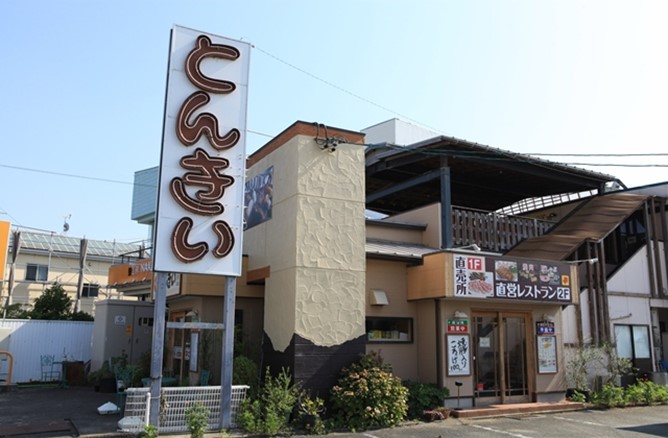
These directly operated restaurants, run by Sanwa Chikusan, are located in Nakagawa, Hosoe-cho, Hamana Ward, Hamamatsu City, Shizuoka Prefecture.
The pork served here is “Hamanako Sodachi”, a brand that won first place in the taste category of the Brand Pork Popularity Contest.

The pork, produced under strict quality control—including biweekly hygiene checks by a veterinarian—is tender and juicy.
Many guests have shared their delight, saying things like, “I’ve never had pork this tender and delicious!”
On busy days, up to 350 people visit these popular restaurants.
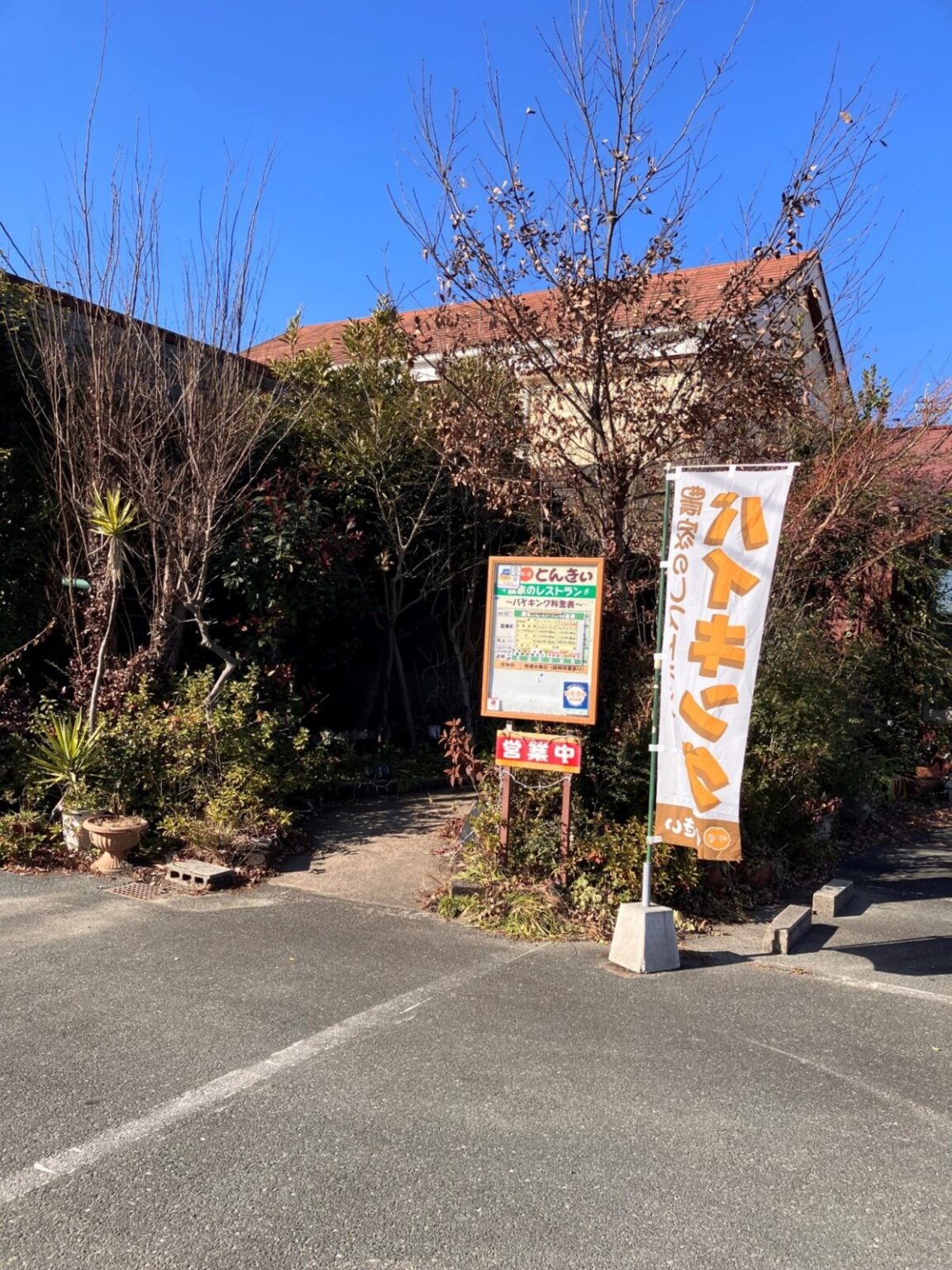
The History of Sanwa Chikusan
Mr. Yoshio Suzuki, the representative of Sanwa Chikusan, was born into a family farm that mainly grew rush grass and fruit trees, while also raising a few pigs.
After graduating from high school, he worked for a regular company and lived away from farming, but his desire to pursue agriculture led him to switch careers to work at a mandarin orange farm.
“Growing mandarins was interesting, but I realized I truly wanted to work with pigs,” he recalls.
“That’s when I started in pig farming, beginning with 30 sows—the birth of Sanwa Chikusan.”
This year, 2024, marks the 45th anniversary of the company.
Today, the family continues the pig farming business together with his son and grandson.
Aiming to build a business that lasts 100 years, they are expanding into online sales and frozen food exports, and plan to open a new facility called Tonki Pork & Potato Park in the coming years, where visitors can enjoy barbecues, pizza, and more.
Representative Mr. Suzuki shared his vision for the future, saying, “We plan to create a facility that will excite everyone through food.”
The Secret Behind Tonki’s Delicious Pork Lies in the Feed!
In pig farming, feed is crucial—so much so that it’s said, “80% of a pig’s flavor comes from what it eats.”
At Sanwa Chikusan, they produce their own additive-free feed at their on-site feed factory, blending locally grown rice with corn and soybean meal.
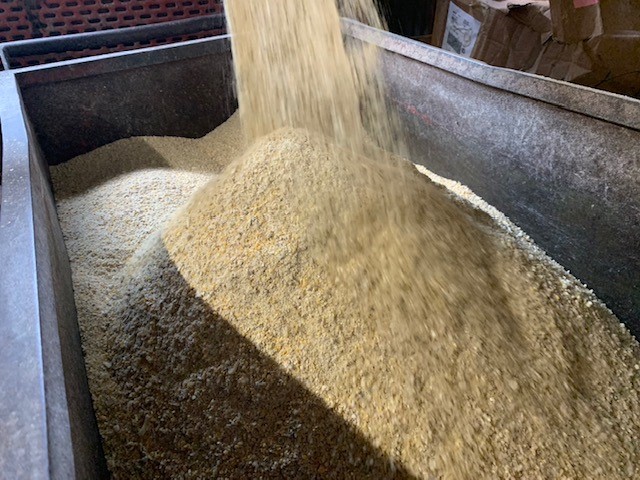
The fat of pigs raised on an all-grain diet is naturally sweet, and the starch from the grains gives the meat its rich, savory flavor!
The tender, odor-free branded pork “Hamanako Sodachi” won first place in the taste category of the Brand Pork Popularity Contest.
When cooked, the meat releases plenty of flavorful juices, letting you fully enjoy its natural taste.
Raising Premium Kinka Vanilla Black Pork
At Sanwa Chikusan, they also raise black pigs, carefully bred for exceptional taste.
While the typical raising period for regular pigs is about 180 days, black pigs are raised for around 240 days.
Because of this longer period, many pig farmers focused on profit choose not to raise them.
Many of the middlemen prefer regular pigs, which have a faster production cycle, so black pigs are less commonly distributed.
However, Sanwa Chikusan spares no effort in raising black pigs, aiming to preserve the genes of these delicious pigs for future generations.
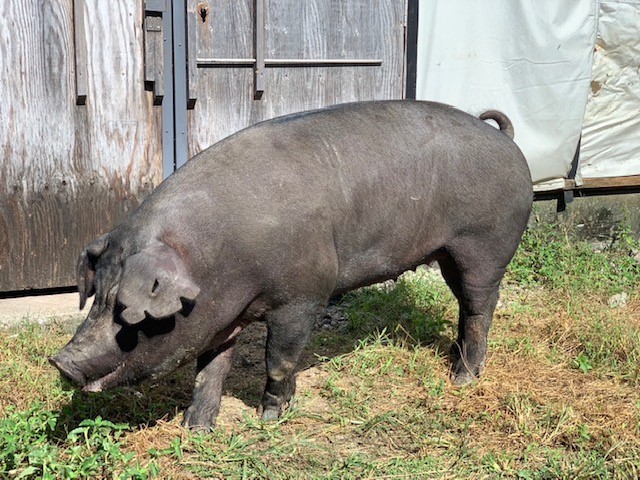
Among them, the Premium Kinka Vanilla Pork carries a gene that makes the meat tender, and taste tests have confirmed its exceptional softness.
It also inherits the high-quality fat characteristics of Kinka pigs, making it a premium pork.
At Sanwa Chikusan, these pigs are carefully raised with great attention.
The Premium Kinka Vanilla Pork is available for purchase at Tonki’s direct store, so be sure to try it for yourself!
Rice Grown with Nutrient-Rich Fertilizer Made from Eel Residue
At Sanwa Chikusan’s directly operated restaurants, they also take great care to ensure the rice is delicious.
They use “Hosoe Maihime”, a specially cultivated rice grown with environmentally friendly methods.
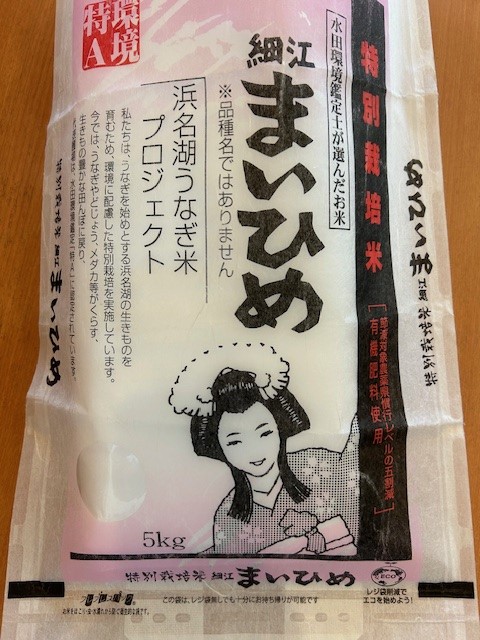
“Hosoe Maihime” is grown in rice paddies that nurture a variety of small creatures, including eels, loaches, and medaka fish. This rice comes highly recommended by certified rice paddy environmental experts.
The secret to the rich rice fields where “Hosoe Maihime” is grown lies in the nutrient-packed fertilizer made from eel residue.
“Hosoe Maihime” rice is also available for purchase at Tonki’s direct store.
Tonki Direct Store Popular Rankings
Next, we’ll introduce some of the most popular products at Tonki Direct Store, operated by Sanwa Chikusan.
1st Place: Sliced Roast Pork
Tender roast pork carefully prepared with a special sauce, made without any chemical seasonings.
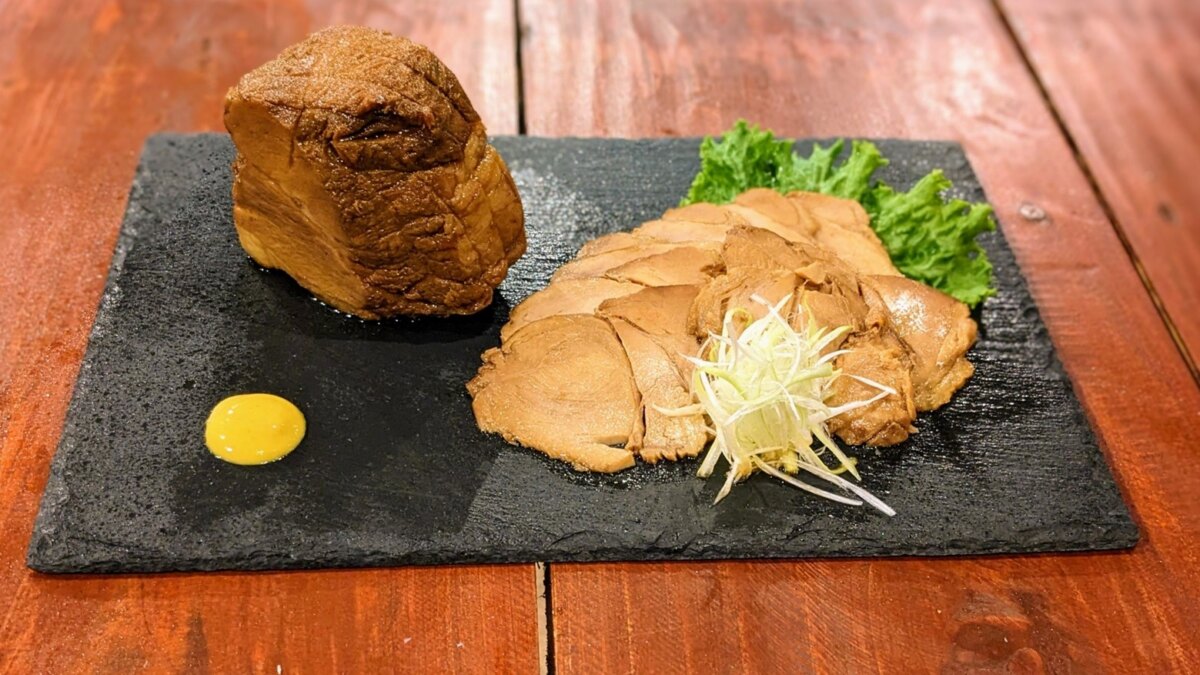
Made using the same method since the company’s founding, the roast pork is coated in a secret sauce, making it a versatile favorite—perfect as a main dish or a snack.
2nd Place: Smoked Sausages
Made without preservatives or artificial coloring, these sausages let you enjoy the full flavor of the meat.
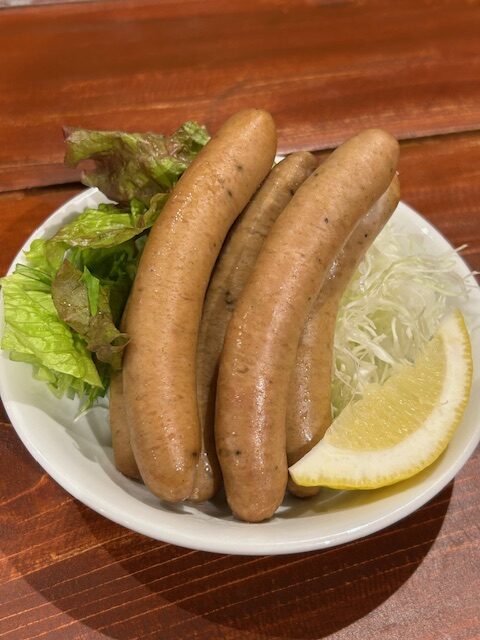
3rd Place: Bacon
Authentic handmade bacon, aged for one week and then smoked over charcoal for a rich, smoky flavor.
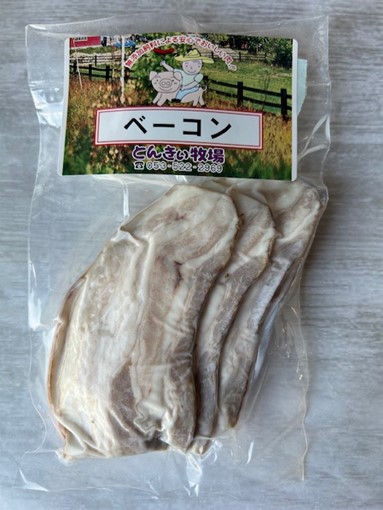
4th Place: Boneless Ham
Authentic handmade ham, aged for one week and then smoked over charcoal for a deep, rich flavor.
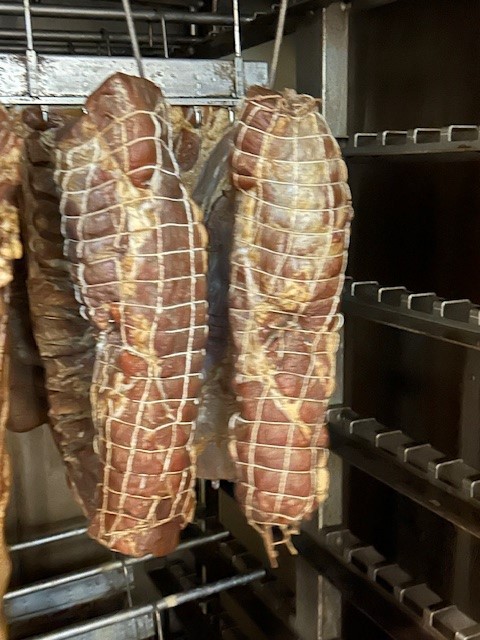
5th Place: Hamanako Sodachi Loin for Shabu-Shabu
Loin meat from Tonki’s original brand “Hamanako Sodachi.”
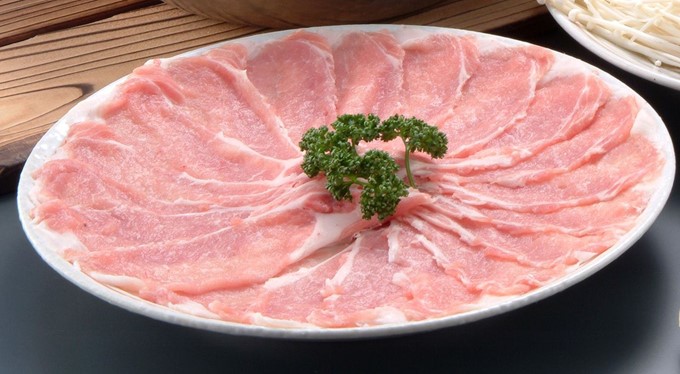
Raised on safe, additive-free feed carefully blended in-house from high-quality corn and rice, this pork is tender, odor-free, and delicious.
A Hit with Kids! Handmade Sausage Workshop
At Tonki, visitors can join a workshop where they get to make their own sausages.
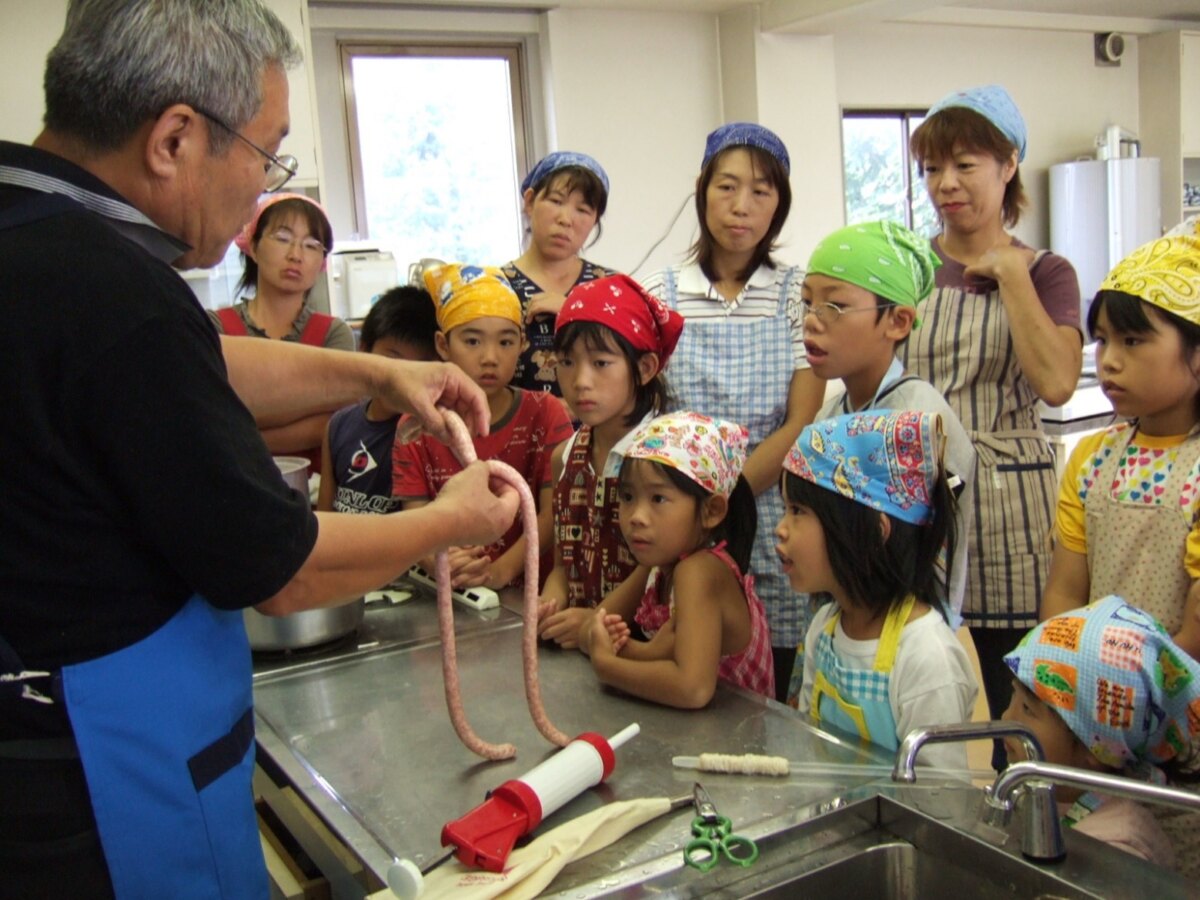
The Handmade Sausage Workshop, started about 15 years ago, was created as part of a food education program to help children understand the importance of food.
The sausages are made without any additives, using only pork and seasonings such as nutmeg, sage, coriander, salt, and pepper.
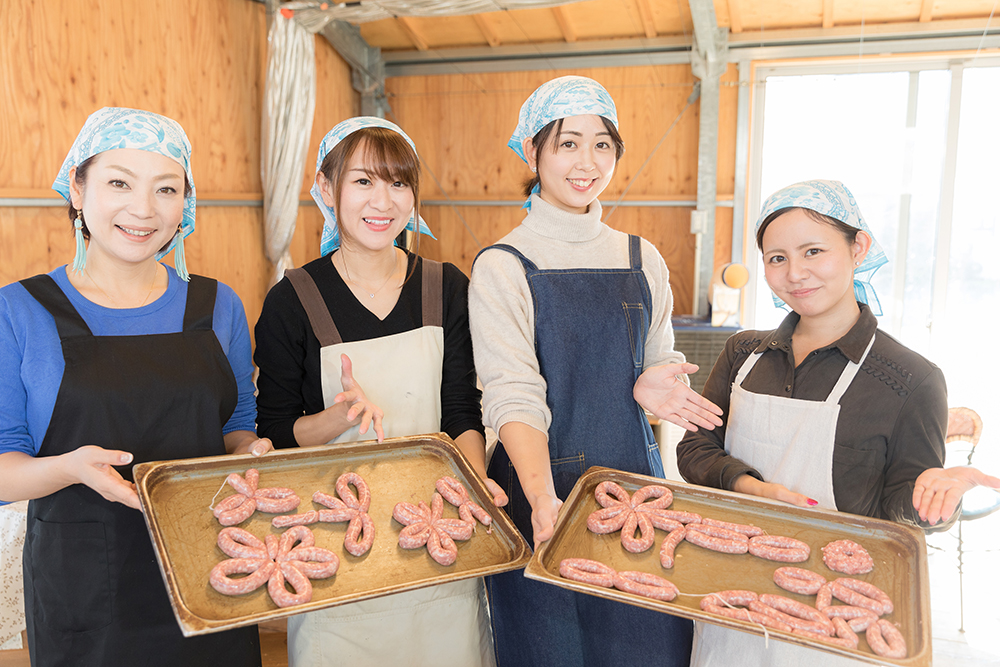
The sausage-making workshop is not only popular with children but also loved by adults, and is available for groups of 10 or more.
Make a reservation here: https://hamamatsuat.hamamatsu-daisuki.net/experience/841/
A Message to Our Readers from Yoshio Suzuki, Representative of Sanwa Chikusan
Hello, I’m Yoshio Suzuki, the representative of Sanwa Chikusan Co., Ltd.
We have been in the livestock business for 56 years.
To deliver safe and reliable pork, we carefully raise our pigs in a thoroughly managed environme
We would be delighted if you could try our pork.
We look forward to welcoming you to our store!
 ̄ ̄ ̄ ̄ ̄ ̄ ̄ ̄ ̄ ̄ ̄ ̄ ̄ ̄ ̄ ̄
We’ve introduced Sanwa Chikusan Co., Ltd., the company that operates Meat Restaurant Tonki and Farmer’s Restaurant.
Be sure to try the pork from Sanwa Chikusan, where they genuinely care about the importance of food and raise safe, high-quality pigs with great care!
Tonki Direct Store / Sanwa Chikusan Co., Ltd.
Address: 1190-1 Nakagawa, Hosoe-cho, Hamana-ku, Hamamatsu-shi
Phone: 053-522-2969
Official website: https://www.tonkii.com/
Photo Credit: Sanwa Chikusan Co., Ltd.

Bringing Happiness Through Music: Suzuki Musical Instrument Company Supports Everyone from Educators to Music Lovers
